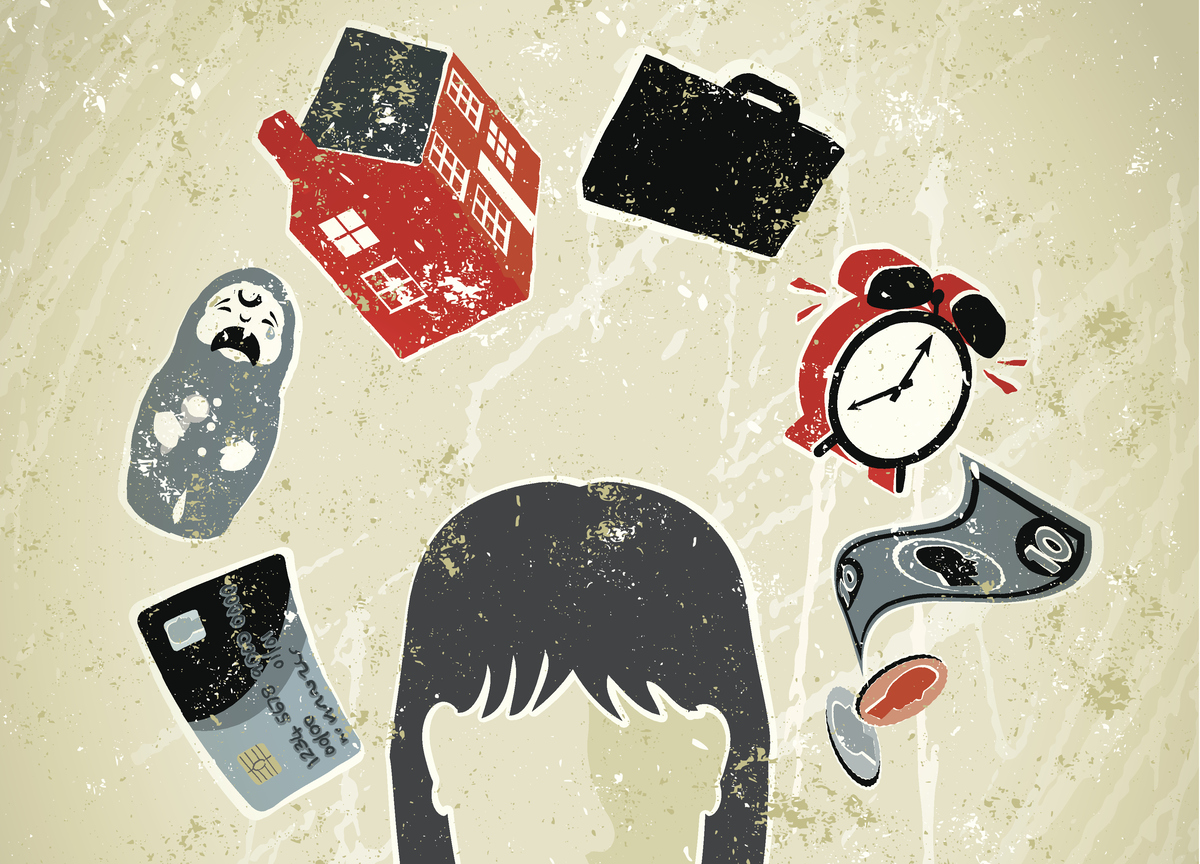Aid Cash Might Extra Than Double Assist For Youngster Care Wants In Mississippi : Coronavirus Updates : NPR
Mississippi childcare allowance goes to 80% of children who are eligible, up from 28%, said Carol Burnett, director of the Mississippi Low-Income Child Care Initiative. MHJ / Getty Images hide subtitles
Toggle labeling
MHJ / Getty Images
Mississippi childcare allowance goes to 80% of children who are eligible, up from 28%, said Carol Burnett, director of the Mississippi Low-Income Child Care Initiative.
MHJ / Getty Images
The $ 1.9 trillion coronavirus aid package signed on Thursday is a huge, much-needed boost to the childcare industry.
Nearly $ 25 billion will go to childcare facilities and centers, and another $ 15 billion will help families gain access to childcare.
The childcare system has suffered a huge financial blow during the pandemic – between slashed budgets and lost income from shutdowns.
Daycare and extracurricular programs are predominantly run by women – disproportionately black and Latin American women – many of whom live below the poverty line. And the parents, especially single parents – most of whom are women – who depend on that care, lose. Childcare requirements are a big reason women are leaving the workforce at amazing rates.
Carol Burnett, executive director of the Mississippi Low-Income Child Care Initiative for day care centers, described the money as a “game changer” for mothers in a state with one of the highest levels of poverty in the country.
“The mothers we work with – whether they are trying to get out of a domestic violence situation, whether they are trying to get out of poverty, whether they are trying to get out of a job where there is no way to a higher income Above the Minimum Wage – Childcare is the support service they need most and that makes childcare affordable for them, “Burnett told NPR’s Weekend Edition.


The funds used for state childcare programs are enough for Mississippi to care for 80% of the children eligible for assistance – a dramatic jump from the roughly 28% of children she said she currently cares for become.
“It’s an opportunity that has never arisen,” said Burnett.
The following interview excerpts have been edited for length and clarity.
How has the pandemic affected daycare?
It was just a very difficult year for day care centers. During the shutdown they were all initially closed. The mothers they served – many of them were important workers even though they were low-wage workers. And so they still needed child care.
Senators really needed to open as soon as possible, but they had higher labor costs because they had to have more staff and smaller groups with children. You had to achieve social distancing. They had to do more renovation. They needed PPE equipment. So your costs went up.
And, you know, people in the childcare industry are really excited about that too Extension of the tax credit for children – and it expands which families can benefit from it.
Oh yeah. I mean, Mississippi has the highest child poverty rate in any state. We have the highest female poverty rate of any country. The promise that this will lead to a reduction in poverty means a tremendous amount for the families we work with.

Let me ask you, it’s a lot of money – and a lot of money comes very quickly. Do you think you will have the ability to get up all the things you need to get up?
Oh absolutely The range of the program is so limited compared to the needs. Our organization has a project called Employment Equity for Single Mothers, where we offer mothers both childcare and access to jobs that pay higher wages. Because we know that if you’re stuck in a low-wage job, there is no way to achieve economic security. And we have hundreds of mothers who have contacted us and need help with childcare. We hear from day care centers whose parents qualify but cannot participate in the program because the funds are insufficient. So we know that with these funds we can help more families who need it and who will benefit from it.
NPR’s Sophia Boyd and Barrie Hardymon produced and edited this interview for broadcast.



Comments are closed.